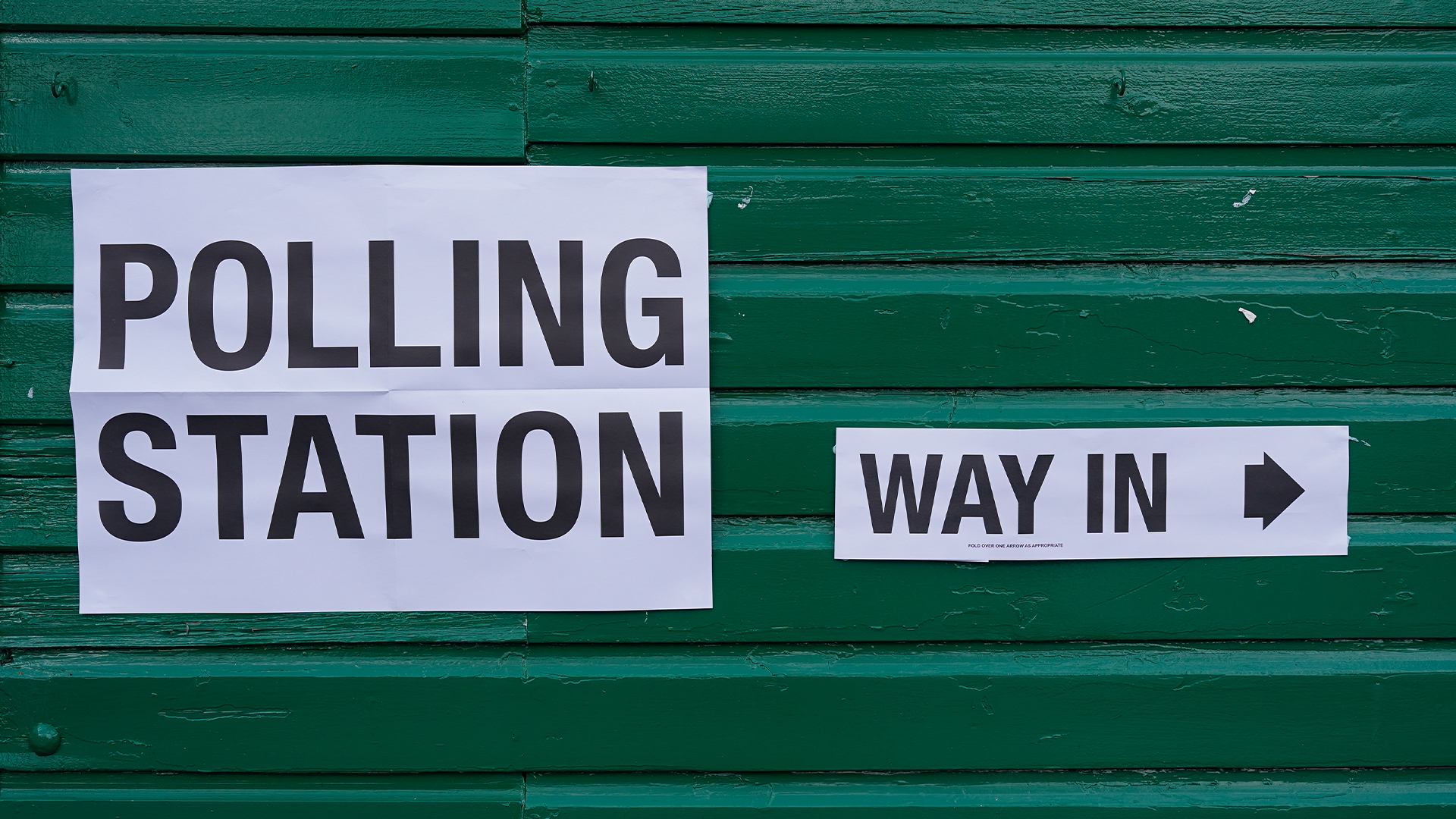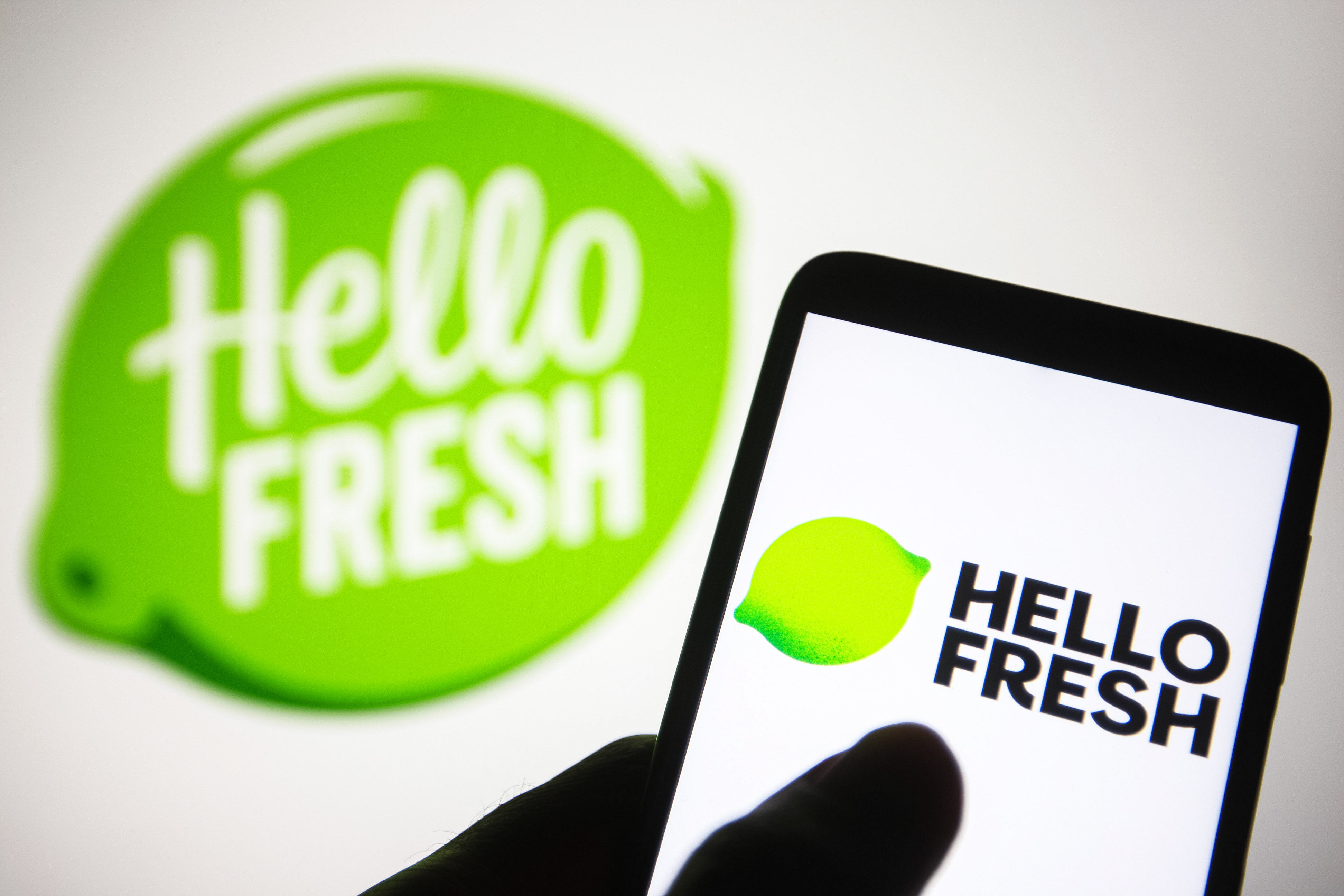Would you pay to protect your data online?
ICO says firms must protect user data, but people are worried about how secure their information is

Companies must work harder to protect personal data, the Information Commissioner's Office (ICO) has warned after a study found people are ready to pay to ensure their information is safe online.
The research, conducted by YouGov in partnership with encryption specialist CloudMask, found that almost a third (32 per cent) of respondents would fork out to protect their personal details.
The news comes after a spate of high-profile hacks on the likes of Sony Pictures, US retailer Target and chef Jamie Oliver's website suggest firms are unable to defend their users' details adequately.
However, the ICO said firms are still primarily responsible for making sure the data they hold on employees and customers won't be put at risk.
Garreth Cameron, group manager of business and industry at the UK watchdog, said: "It is still ultimately the responsibility of the businesses who hold that data to make sure they follow the laws around data protection.
"Businesses should be doing everything they can to keep information safe by investing in consumer privacy online, both in terms of education, increased protection and good practice."
Around half the respondents were unwilling to shell out to protect their data, and 61 per cent of them agreed with the ICO that businesses must make the most effort to safeguard their information.
Get the ITPro daily newsletter
Sign up today and you will receive a free copy of our Future Focus 2025 report - the leading guidance on AI, cybersecurity and other IT challenges as per 700+ senior executives
But CloudMask pointed to events like The Fappening, in which Hollywood celebrities had nude pictures leaked from Apple's iCloud, as catalysts for people wanting to protect their own data.
CEO Wael Aggan said: "High-profile data breaches, including celebrities' nude photographs being pasted over the internet, credit card details being hacked and governments gaining permission to access Google and Microsoft customer data is forcing consumers to take more control of their privacy."
He added: "Businesses need to offer better protection and if consumers don't want to pay for it, it's still their right to keep their data private. This shouldn't always have to be at their cost."
-
 Asus ZenScreen Fold OLED MQ17QH review
Asus ZenScreen Fold OLED MQ17QH reviewReviews A stunning foldable 17.3in OLED display – but it's too expensive to be anything more than a thrilling tech demo
By Sasha Muller
-
 How the UK MoJ achieved secure networks for prisons and offices with Palo Alto Networks
How the UK MoJ achieved secure networks for prisons and offices with Palo Alto NetworksCase study Adopting zero trust is a necessity when your own users are trying to launch cyber attacks
By Rory Bathgate
-
 AI recruitment tools are still a privacy nightmare – here's how the ICO plans to crack down on misuse
AI recruitment tools are still a privacy nightmare – here's how the ICO plans to crack down on misuseNews The ICO has issued guidance for recruiters and AI developers after finding that many are mishandling data
By Emma Woollacott
-
 “You must do better”: Information Commissioner John Edwards calls on firms to beef up support for data breach victims
“You must do better”: Information Commissioner John Edwards calls on firms to beef up support for data breach victimsNews Companies need to treat victims with swift, practical action, according to the ICO
By Emma Woollacott
-
 LinkedIn backtracks on AI training rules after user backlash
LinkedIn backtracks on AI training rules after user backlashNews UK-based LinkedIn users will now get the same protections as those elsewhere in Europe
By Emma Woollacott
-
 UK's data protection watchdog deepens cooperation with National Crime Agency
UK's data protection watchdog deepens cooperation with National Crime AgencyNews The two bodies want to improve the support given to organizations experiencing cyber attacks and ransomware recovery
By Emma Woollacott
-
 ICO slams Electoral Commission over security failures
ICO slams Electoral Commission over security failuresNews The Electoral Commission has been reprimanded for poor security practices, including a failure to install security updates and weak password policies
By Emma Woollacott
-
 Disgruntled ex-employees are using ‘weaponized’ data subject access requests to pester firms
Disgruntled ex-employees are using ‘weaponized’ data subject access requests to pester firmsNews Some disgruntled staff are using DSARs as a means to pressure former employers into a financial settlement
By Emma Woollacott
-
 ICO reprimands Coventry school over repeated data protection failures
ICO reprimands Coventry school over repeated data protection failuresNews The ICO said the academy trust failed to follow previous guidance, which caused a serious data breach
By Emma Woollacott
-
 ICO dishes out fine to HelloFresh for marketing spam campaign
ICO dishes out fine to HelloFresh for marketing spam campaignNews HelloFresh failed to offer proper opt-outs, the ICO said, and customers weren’t warned their data would be used for months after they cancelled
By Emma Woollacott